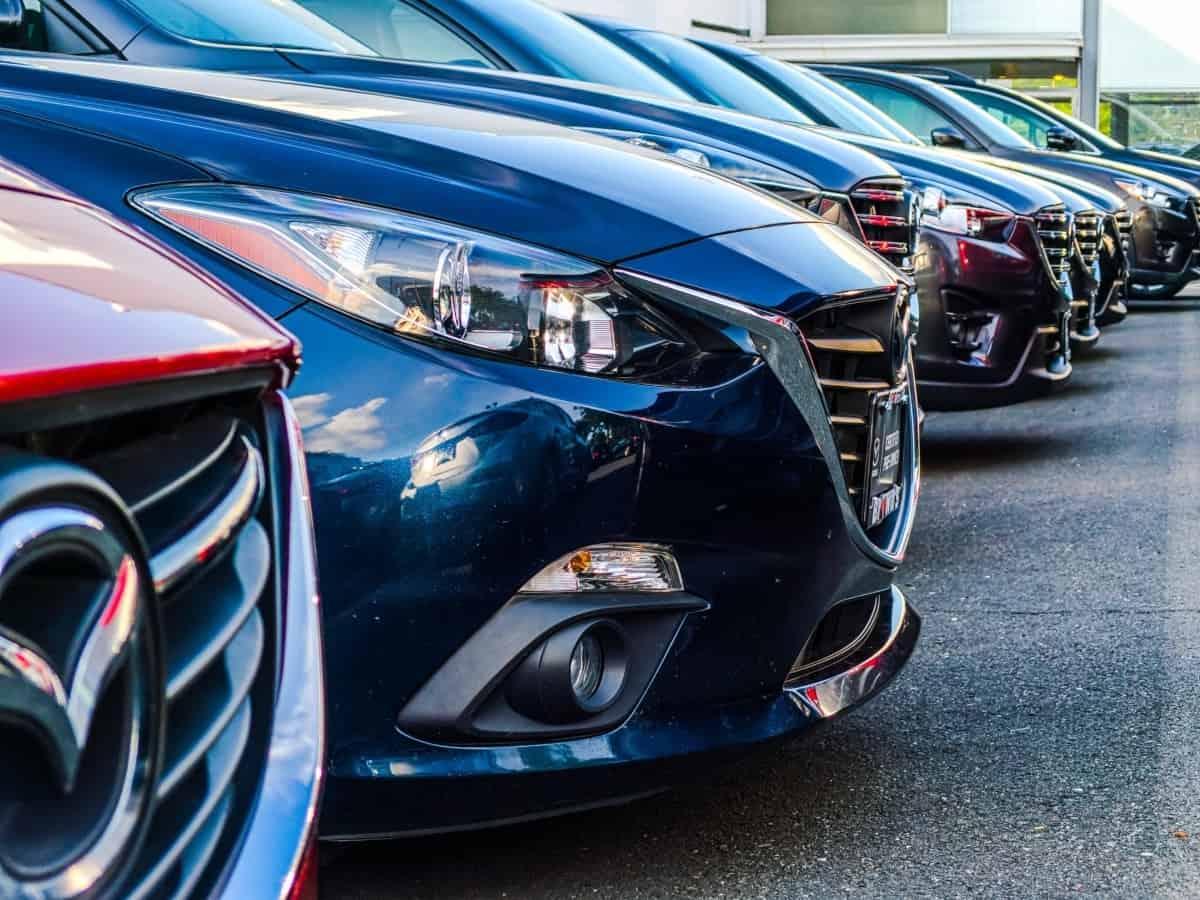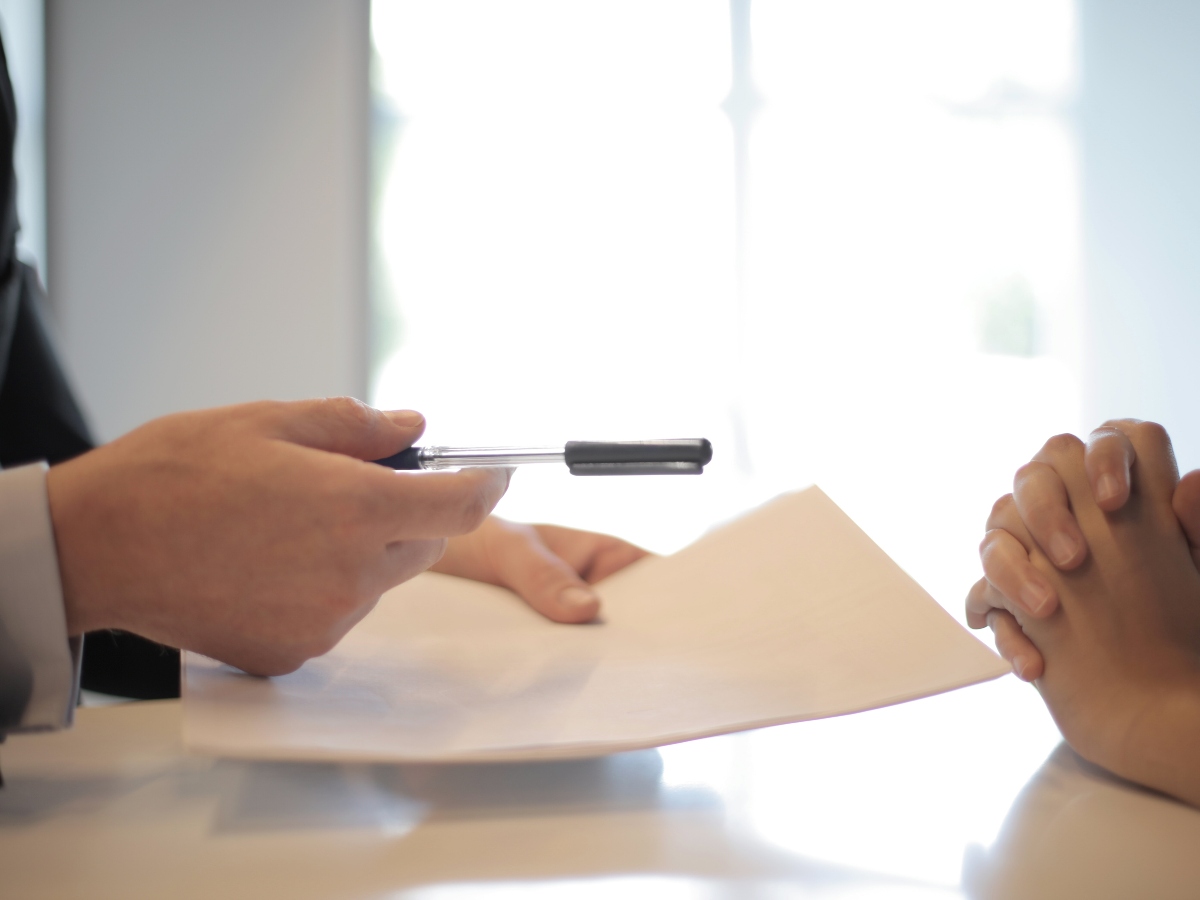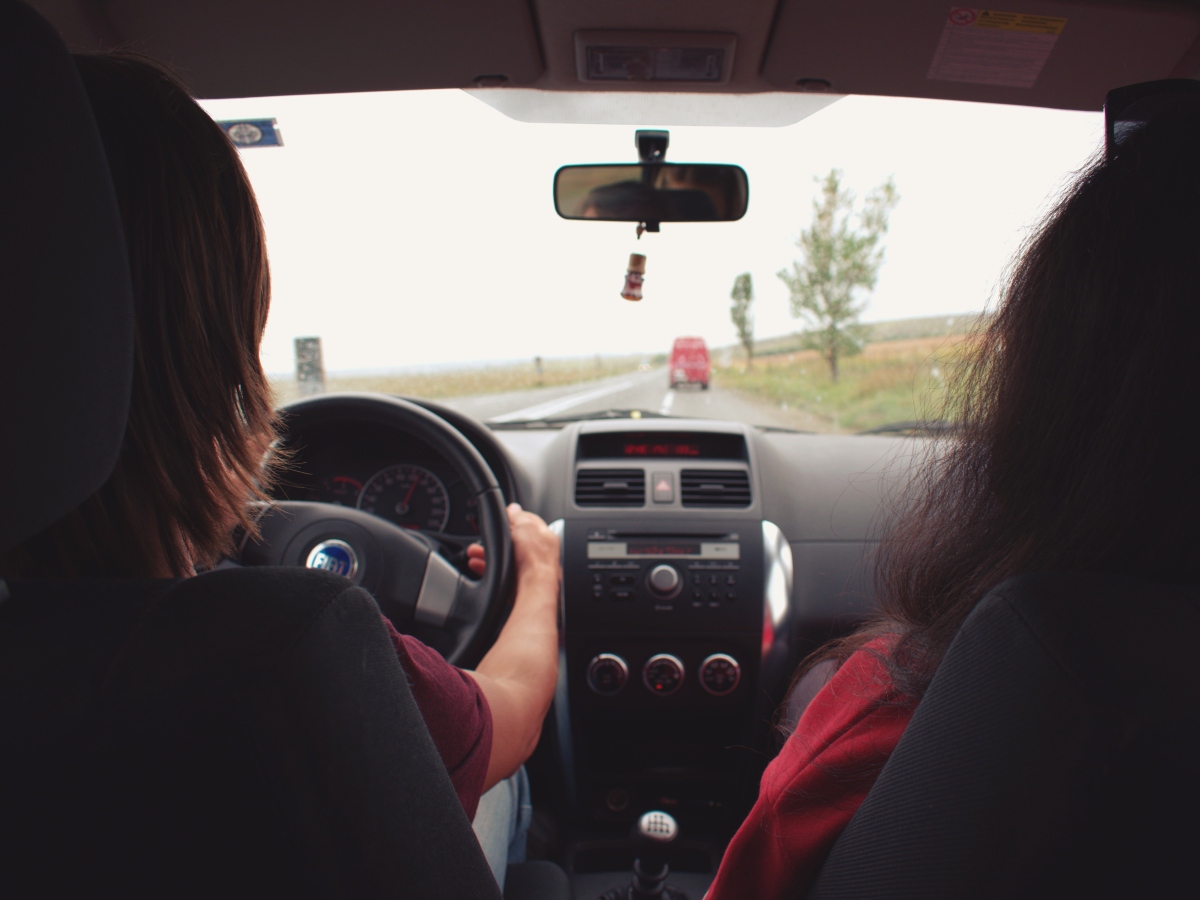Do you need insurance to rent a car — or can you rent a car and use the rental agency’s insurance?
You may have occasionally heard conflicting things about whether your car insurance protects you, the driver or your car, specifically. In fact, it can depend on the type of insurance you have and where you’re insured. But in all situations, you shouldn’t need prior insurance coverage before you rent a vehicle.
Let’s take a deeper look into rental car insurance, what it does, and when you might need more coverage.
Car Rental Insurance: What Exactly Is It?
Before we go further, let’s discuss what car rental insurance really is.
Whenever you drive, you need insurance against damage that you can cause to both property and people — property damage and bodily injury. This usually comes in the form of collision coverage and (nearly everywhere) it’s required by law.
When we talk about “car insurance,” we are generally talking about this type of essential insurance policy. But car insurance can also cover things such as:
- Repairs to or replacement of the vehicle itself.
- Replacement costs for items stolen from the vehicle.
- Damage to the vehicle that isn’t caused by a collision, such as parking lot accidents.
This is also car insurance, but it’s an optional type of car insurance.
There are two major places you can get car insurance when you rent a car: through the rental agency and through your own, existing auto insurance policy.
So, do you need insurance to rent a car? The answer is yes, but it doesn’t have to be pre-existing. If you have auto insurance, you don’t need rental insurance. If you don’t have auto insurance, then you need rental insurance. And the rental car agency is not going to ask you for proof of insurance — they will give you the minimum insurance required by law and it will be up to you to make sure that you have coverage for other incidents.

Do You Need Insurance To Rent a Car From an Agency?
If you’re a new driver, you may not have purchased auto insurance yet. But there’s good news: You don’t need personal insurance to rent a car.
When you rent a vehicle, they offer you a special form of insurance for that specific rental. This insurance includes coverages such as:
- Damage Waivers. This waiver is not technically insurance. But it will help cover expenses if your car is damaged.
- Personal Accident Insurance. If you get into an accident and have to pay for medical expenses for yourself or a passenger, personal accident insurance will help cover the fee.
- Personal Effects Coverage. If someone steals personal items from your vehicle, personal effects coverage will take care of the cost to replace the item. However, if you have homeowners or renter’s insurance, you already have this level of protection.
- Supplemental Liability Protect. Think of this as extra protection. You should get this if you think the limits of your liability coverage are too low to cover damages from an accident.
- Roadside Assistance Protection. This is a safety net that frees you from the financial burden of financing fees for roadside inconveniences like lost keys or fuel incidents.
Many of these are optional. While you need to have the minimum insurance required by law in your state (which varies by region), you can also add on additional coverage. If you aren’t a confident driver — or if you just want to be safe — this is probably a good idea.
But, we should note that buying insurance at a car rental place is expensive. Of course, it is: There’s a captive audience. Usually, it’s far less expensive to use your own insurance.
Could You Already Have Car Rental Insurance?
Many people don’t realize that they already have car rental insurance.
There are quite a few credit cards — specifically, travel-focused cards — that will already give you car rental insurance. And many auto insurance policies also have special riders for car rental insurance.
So, you might have car rental insurance and not even know it. You should look over the benefits packages of each of your credit cards before you invest in rental car insurance. This is especially true for any card that gives you extra points for car rentals or that gives you bonuses for mileage.
Because the car rental insurance is already available through your credit card, there’s really no reason to invest in the services that are offered by the car rental company — unless, of course, you want even more coverage.
And What About Your Personal Car Insurance?
If you already have auto insurance, it’s very likely that any claims are going to go through your insurance policy first. There are very few reasons that you would need car rental insurance if you already have auto insurance, though it’s also possible you might not have enough auto insurance.
Your personal auto insurance should cover you if you get into an accident with a car rental. The only reason to get additional car rental insurance is if you believe that the damage to the car rental could exceed your existing coverage. You should compare your existing car coverage to determine whether car rental insurance is ideal for you.
Do You Need Proof of Insurance To Rent a Car?
This brings us back to something important — do you need to prove that you have insurance to rent a car? After all, if you decline car rental insurance, you’re basically saying that you will use your own insurance.
You actually don’t need to show proof of insurance to rent a car. By default, the car rental comes with the minimum amount of insurance required by law — what we talked about earlier.
Here’s what you need to rent a car:
- Your driver’s license and proof of age. Most car rental places won’t rent to you until you’re 25. If you’re younger than that, you may need to pay some fees associated with the higher risk. This is because drivers under the age of 25 make up the majority of car accidents.
- Your payment for the rental. You will usually need to pay for the rental in advance or put down a deposit. Sometimes this deposit can be a lot of money.
The rental company is unlikely to ask you for proof of insurance because having car insurance is your responsibility. If you don’t have your own car insurance, it can be a good idea to get the extra rental car insurance — but again, it isn’t required.

How To Take Car of Your Rental Car
Yes, it’s an excellent idea to have insurance in place if you’re renting a vehicle. However, another way to ensure you won’t have to fork over money to cover unforeseen expenses is by simply taking care of your rental vehicle. Here’s how you can do so:
- Drive Carefully. This is rule number one whenever you’re behind the wheel. Therefore, being in the driver’s seat for a rental makes no difference. Pay attention to your surroundings and watch for road signs. Avoid distractions and keep your eye on the road. If you get lost, pull over and ask for directions.
- Take Breaks When Driving Long Distance. If you’re using your rental for a long distance road trip, don’t forget to stretch your legs. It’s easy to get tired when you’re out on the road driving for long hours. Stay sharp by stopping at a gas station or rest stop for a few moments when you need to.
- Clean Up After Yourself. Before returning your keys, pick up any trash or wipe away any messes you may have made.
- Don’t Share Your Vehicle. Sure, you may have no problem letting a friend or family member borrow your personal car. However, you should be extra cautious with a rental and avoid lending your keys to anyone.
Should You Get Car Rental Insurance?
Now, we’ve covered the fact that you don’t need car rental insurance. You don’t even need insurance of your own. You can rent a car without showing proof of insurance, and you’ll only have the most basic insurance that’s covered by law.
The question now is whether you should get insurance.
Anything can happen when you rent a car. Any damages that occur to the car while you have it might fall upon you. This could be everything from someone scratching it in a parking lot to the vehicle getting vandalized while you’re out.
And even if you’re normally a safe driver, it can be easy to get into an accident when you aren’t used to a car.
Whether you get car rental insurance is really a risk assessment. Nine times out of ten, you aren’t likely to get into an accident. But if you get into an accident, you may want to full protection. Additionally, rental car insurance can protect you from other incidents such as things getting stolen from the vehicle — the type of thing that is more likely to happen when you’re on vacation, renting a car, and in an unfamiliar locale.

What Happens if You Don’t Have Insurance?
If you don’t have insurance and get into an accident, the basic insurance coverage is going to kick in. But not all states even require auto insurance; New Hampshire and Virginia, for instance, don’t.
So, let’s say you get into an accident and your coverage is $20,000, but the rental car that you borrowed was $40,000 — and now it’s totaled. You’re going to end up personally liable for that additional $20,000, in addition to other expenses that might have been incurred (such as bodily injury claims).
The problem with not having enough insurance is that you’ll end up liable for anything that your insurance doesn’t cover. But again, it’s a risk assessment; if you never get into an accident, it doesn’t become a problem.
The Bottom Line
The bottom line: No, you don’t need insurance to rent a car. The rental company isn’t going to ask you whether you have insurance or ask you for proof of insurance. You do need a baseline level of insurance (per your state) to drive a car legally. The car rental agency provides this baseline insurance, but it’s usually fairly meager. If you want to be fully protected from liability, you will need to have either your own insurance, or purchase additional insurance coverage with the vehicle at the rental agency.
Either way, the choice is yours: You can determine whether you would rather have more coverage or less. Do note that if you don’t pay for coverage, it’s possible that the car rental agency will request that you put down an additional deposit.



